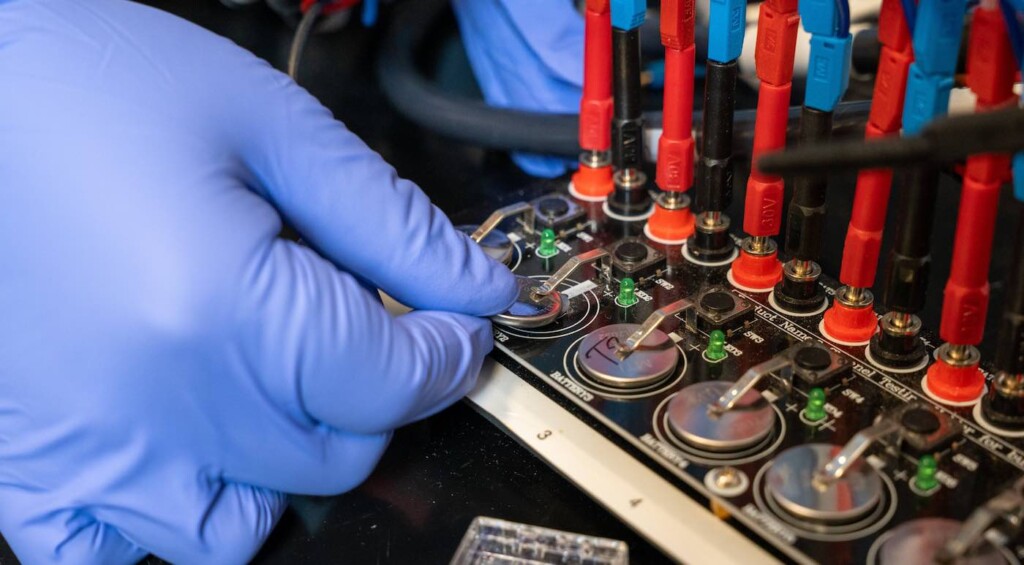Major Range Boost for Electric Cars

A team of international researchers has discovered why batteries lose capacity over time, a finding that could help electric vehicles travel farther on a single charge and extend battery lifespan.
It’s widely known that older devices, like mobile phones, lose power more quickly, but until now, the cause of this degradation wasn’t fully understood. Led by an engineer from the University of Colorado-Boulder, the team’s breakthrough may lead to improved batteries and energy storage technologies, accelerating the shift to clean energy. “We are advancing lithium-ion batteries by uncovering the molecular processes behind their degradation,” said Professor Michael Toney, the study’s lead.
For years, engineers have tried to design lithium-ion batteries without relying on cobalt, a rare and expensive mineral tied to environmental and labor concerns. Alternative materials like nickel and magnesium have been tested, but these led to higher rates of “self-discharge,” where internal chemical reactions reduce stored energy. This issue limits most EV batteries to a lifespan of 7-10 years. Toney’s team investigated self-discharge and found that hydrogen molecules from the battery’s electrolyte move to the cathode, occupying spots that lithium ions typically bind to. With fewer binding spots, the battery’s capacity and electric current weaken.
Toney noted that while some low-cobalt batteries could offer longer driving ranges, it’s important to ensure they remain durable. The team’s findings could guide future developments, such as coating the cathode to block hydrogen or using different electrolytes. “Improving battery performance is crucial for transitioning from fossil fuels to renewable energy,” Toney concluded.